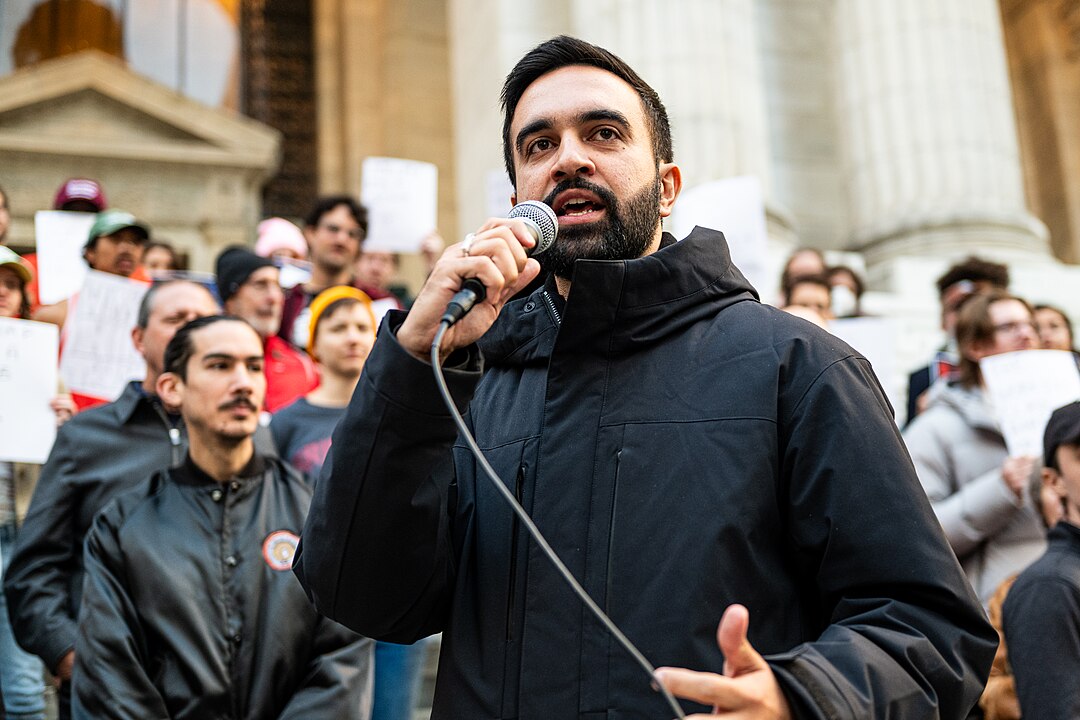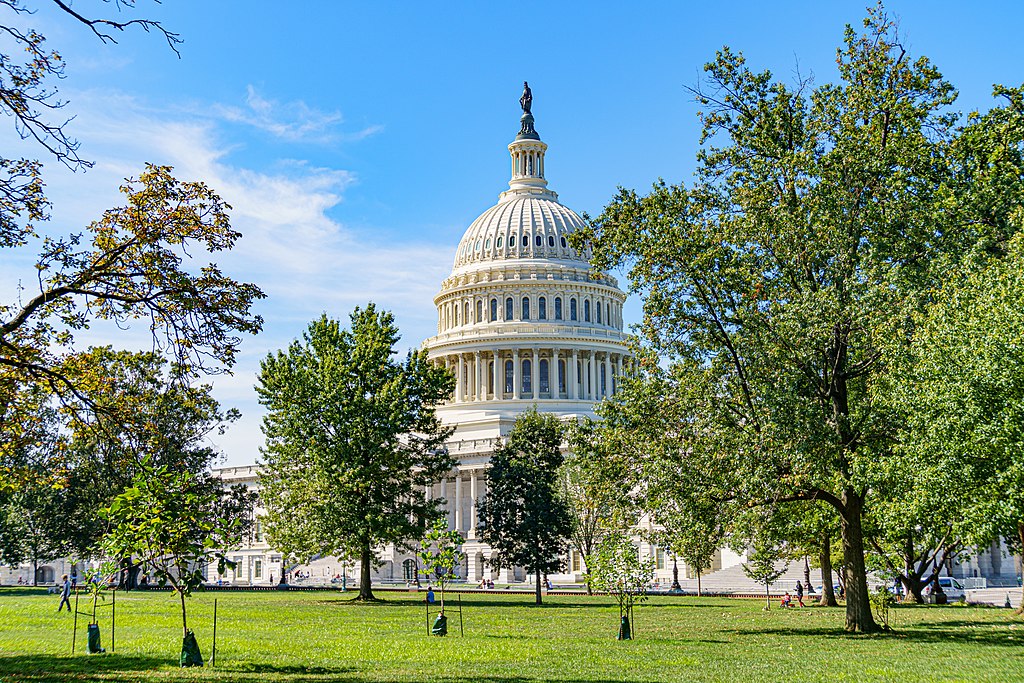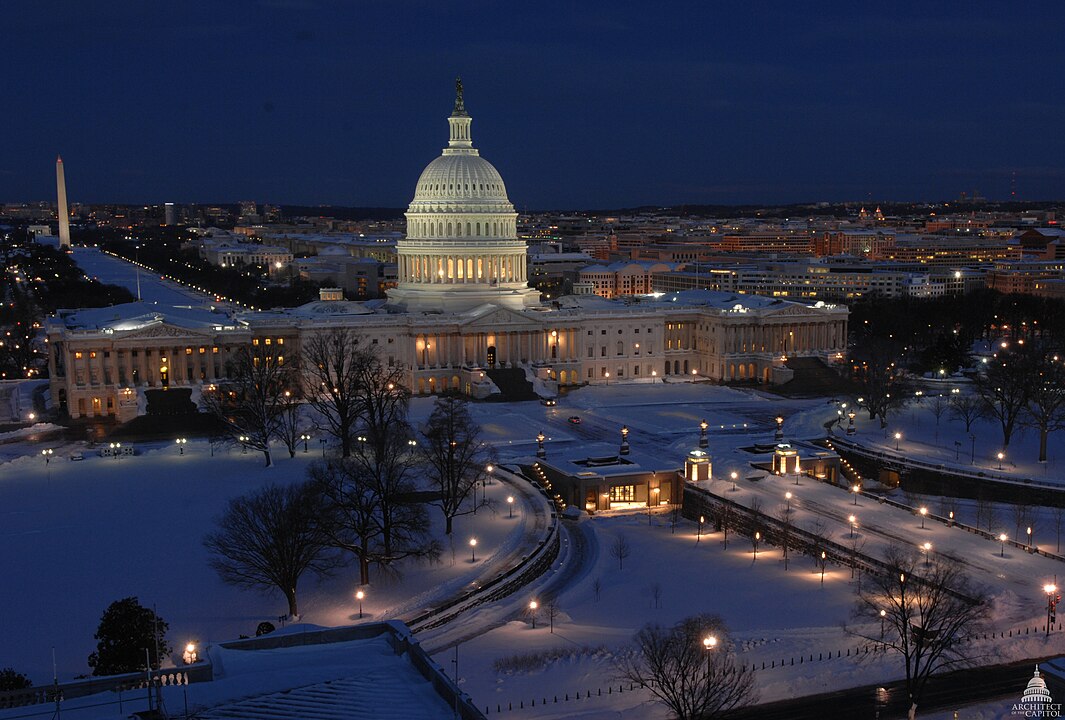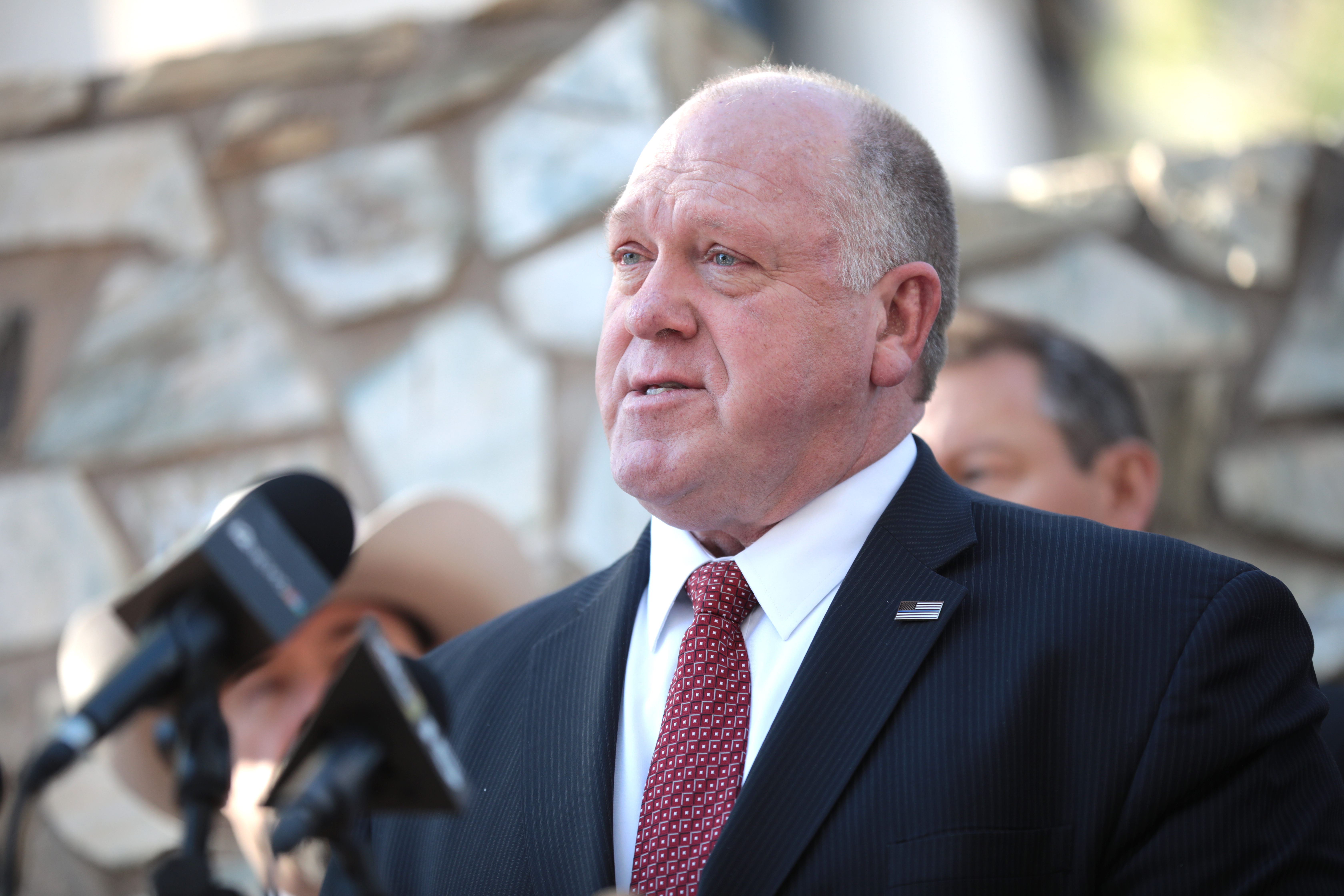Florida Gov. Ron DeSantis declared a major legal victory on Thursday after a federal appeals court blocked a lower court ruling that had halted operations at Florida’s famous migrant detention facility, known as “Alligator Alcatraz.”
The 11th Circuit Court of Appeals stayed a prior order from U.S. District Judge Kathleen Williams, an Obama appointee, who issued a temporary injunction against further construction and use of the facility, citing environmental concerns. The appeals court decision allows the state to resume full operation of the detention center immediately.
“Alligator Alcatraz is, in fact — like we always said — open for business,” DeSantis said during a press conference in Tallahassee.
A Blow to the Left’s Legal Offensive
The initial injunction by Judge Williams, handed down on August 7, alleged that Florida had failed to conduct an appropriate environmental impact assessment before expanding operations on the site — an abandoned airfield deep in the Florida Everglades. Activist groups had raised concerns about possible threats to endangered species and the ecosystem, and claimed the state was violating environmental law.
Williams’ ruling halted construction, froze new intakes of detainees, and even ordered the relocation of migrants already housed at the facility.
But DeSantis and the Florida Department of Homeland Security — acting in coordination with the Trump administration — immediately appealed the ruling, calling it a politically motivated attempt to undermine state-level immigration enforcement.
The 11th Circuit agreed to stay Williams’ ruling pending appeal, writing in its decision, “After careful consideration, we grant the defendants’ motions and we stay the preliminary injunction and the underlying case itself pending appeal.”
“Leftist Judge” Accused of Undermining Enforcement
Gov. DeSantis didn’t hold back in his criticism of Judge Williams, saying the media was “giddy” about her ruling and accused her of acting as an activist trying to block federal and state cooperation on immigration.
“Some leftist judge ruled implausibly that somehow Florida wasn’t allowed to use our own property to help the federal government in this important mission because they didn’t do an environmental impact statement,” DeSantis said, “And we said the mission would continue.”
Inside “Alligator Alcatraz”
The facility earned its nickname from its extreme isolation and natural deterrents. Situated in the Everglades, the site is surrounded by swampland, dense brush, and alligator-infested waters, making escape virtually impossible. The state converted the former airstrip into a high-security holding facility for illegal immigrants awaiting deportation or federal hearings.
Republican Florida Attorney General James Uthmeier first floated the idea in June 2025, with swift support from the Trump administration. The center has been pitched as a model for other states, and some are already following in Florida’s footsteps.
Environmental vs. Security Priorities
Critics of the facility have argued that building a detention center in such a delicate ecosystem risks long-term environmental degradation and sets a dangerous precedent for state overreach. Environmental groups filed suit immediately after construction began, triggering the legal battle that landed in front of Judge Williams.
But DeSantis and his allies say that the security needs of the state — and the rights of Florida to protect its borders — outweigh hypothetical environmental risks.
Political Repercussions and 2026
The ruling is not only a victory for Florida’s immigration policy — it’s a major political win for DeSantis as his second term nears its end and he considers his next steps.
Meanwhile, Democrats and immigration activists are expected to challenge the appeals court’s stay and continue legal efforts to block or dismantle the facility.
READ NEXT: Judge Halts Construction At Florida’s ‘Alligator Alcatraz’




